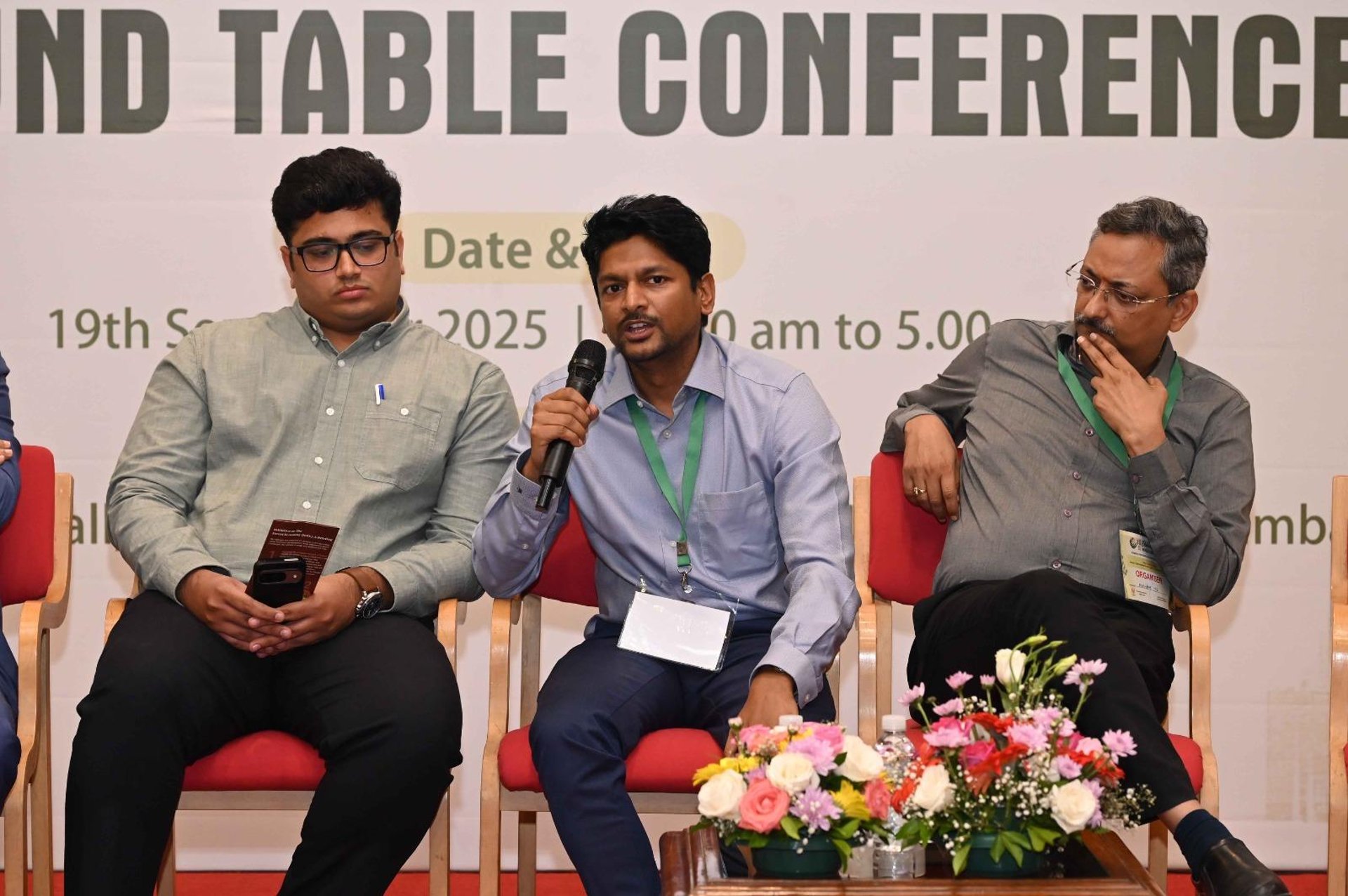
20.09.25
Maharashtra's Forest Economy: Bamboo as a Catalyst for Rural Development
On World Bamboo Day 2025, Mumbai hosted a landmark two-day event (September 18-19) that positioned Maharashtra at the forefront of India's bamboo sector transformation. Co-organized by the Bharti Institute of Public Policy at ISB, Phoenix Foundation, and partner organizations, the gathering brought together government leaders, industry representatives, banking institutions, academic experts, and farmer collectives from across India to chart a path toward establishing Maharashtra as the Bamboo Capital of India.
The event witnessed participation from Maharashtra's Chief Minister Devendra Fadnavis, state ministers for Agriculture, Finance, Education, and Rural Development, along with senior officials from MITRA and the Mahatma Gandhi National Rural Employment Guarantee Act (MGNREGA). These diverse stakeholders engaged in substantive discussions on bamboo's role as both a sustainable crop and strategic industrial resource for India's green economy transition.
Formalizing the First Mile of the Bamboo Value Chain
During the industry panel discussion, Sandip Chowdhury, National Coordinator of IoFE, emphasized the critical importance of establishing a robust business ecosystem at the first mile of the bamboo supply chain—where bamboo cultivation and primary harvesting occur in rural forest landscapes. He highlighted how women-led community enterprises can formalize this economy, bringing transparency, fair pricing, and economic dignity to communities that have traditionally been marginalized in bamboo value chains.
Chowdhury underscored that tenure-secured gram sabhas hold the key to ensuring sustainable governance of bamboo resources. When communities have secure rights over forest resources and democratic institutions to manage them, they become effective stewards of bamboo forests while generating meaningful livelihoods. This community-centered approach addresses both ecological sustainability and economic inclusion simultaneously.
"Bamboo is not just a plant; it's the path to a greener, more resilient future," declared CM Fadnavis, articulating the vision driving Maharashtra's bamboo mission. The Government of Maharashtra has committed to bringing 11 lakh hectares (1.1 million hectares) of land under bamboo cultivation, reflecting the state's determination to scale sustainable production dramatically. This ambitious target recognizes bamboo's unique potential as the fastest-growing renewable plant on Earth, capable of sequestering carbon, preventing soil erosion, and generating rural livelihoods simultaneously.
Ambitious Scale and Vision
This collaboration aligns seamlessly with IoFE's mission to create productive, sustainable, and inclusive forest economies through partnerships with local communities, state governments, and industries. IoFE's large-scale demonstration pilots across Jharkhand, Maharashtra, Himachal Pradesh, Odisha, and Andhra Pradesh showcase how women-led community enterprises, embedded within secure tenure frameworks, can transform forest geographies while advancing India's sustainable development commitments.
The bamboo economy represents a critical frontier in forest-based livelihoods. Unlike timber, which requires decades to mature, bamboo reaches harvestable maturity in three to five years, providing regular income streams for rural communities. When communities control the first mile of this value chain through formalized enterprises, they capture a larger share of value and build economic resilience.
As Maharashtra moves forward with its bamboo vision, IoFE will continue supporting the development of community-led enterprises that can aggregate bamboo sustainably, establish quality standards, and forge direct market linkages with industries—ensuring that the benefits of this green revolution reach the women and men whose labor and stewardship make it possible.
